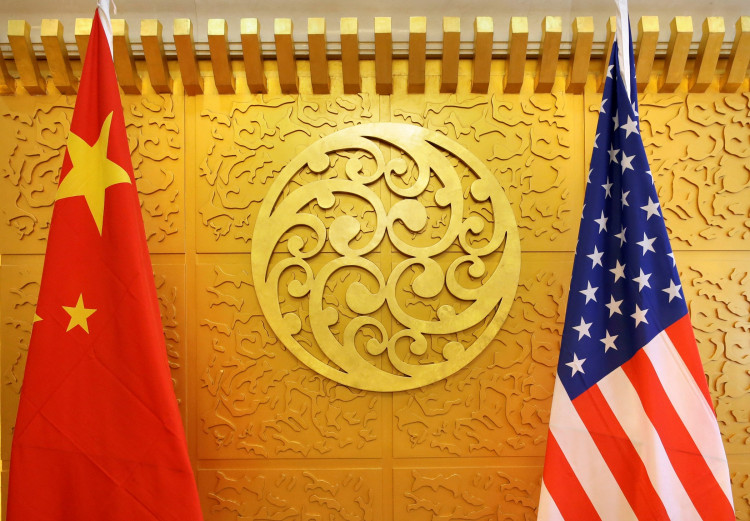A significant number of US-listed Chinese companies are transferring large portions of their shares to Hong Kong, according to data from Hong Kong Exchanges & Clearing (HKEX) reported by The Wall Street Journal. This comes as audit disputes between China and the US have intensified, raising concerns about potential delistings.
By the end of March, over 53% of Alibaba Group's tradeable shares were registered with Hong Kong's central clearing system, an increase from 38% at the end of the previous year. When Alibaba undertook its secondary listing in Hong Kong in November 2019, only 2.7% of its outstanding shares were registered in the city. JD.com's tradable shares in Hong Kong have now grown from 5% to about 55%, while Li Auto's shares have increased from 6% to around 38%.
The trading volume in Hong Kong also rose with the migration of shares. In Q1, almost 27% of Alibaba's trading volume took place in Hong Kong, up from approximately 16% a year earlier, according to HKEX.
The audit dispute between China and the US has put companies like Alibaba, NetEase, and Bilibili in a difficult position. US regulators demanded that US-listed Chinese firms grant the Public Company Accounting Oversight Board (PCAOB) full access to their audit documents, or they would face delisting by 2024. Beijing, however, has refused the request, citing data security concerns.
To reduce the risk of delisting, several US-listed Chinese companies conducted secondary listings in Hong Kong in 2020 and 2021. This would allow investors to trade or hold their shares on the Hong Kong Stock Exchange if they were removed from the New York Stock Exchange or Nasdaq.
Global fund managers holding US-listed Chinese stocks have also shifted their focus to the Hong Kong Stock Exchange. The KraneShares CSI China Internet ETF (KWEB), a New York-listed fund specializing in Chinese technology stocks, began exchanging American Depositary Receipts (ADRs) for Hong Kong shares in December 2021. As of August, Hong Kong-traded stocks comprised over 70% of KWEB's portfolio, compared to 25% in March 2021. The fund plans to be fully invested in Hong Kong stocks by the end of 2022.
Thomas Masi, co-portfolio manager of the GW&K Emerging Wealth Strategy, which has significant exposure to China, also moved holdings in companies like Alibaba from New York to Hong Kong.
With the surge in delisting risks, some asset management firms have reduced their holdings in Chinese firms. For instance, Bridgewater sold its entire stake in Alibaba, approximately 7.5 million shares, according to the company's 13F filing last August. Bridgewater also liquidated its entire holdings in Bilibili, NetEase, JD.com, and DiDi.
Although the PCAOB gained full inspection powers over US-listed Chinese firms in December, easing delisting concerns, the trend of moving more shares to Hong Kong appears irreversible, as this market is closer to their primary investor base and offers more manageable risks.




